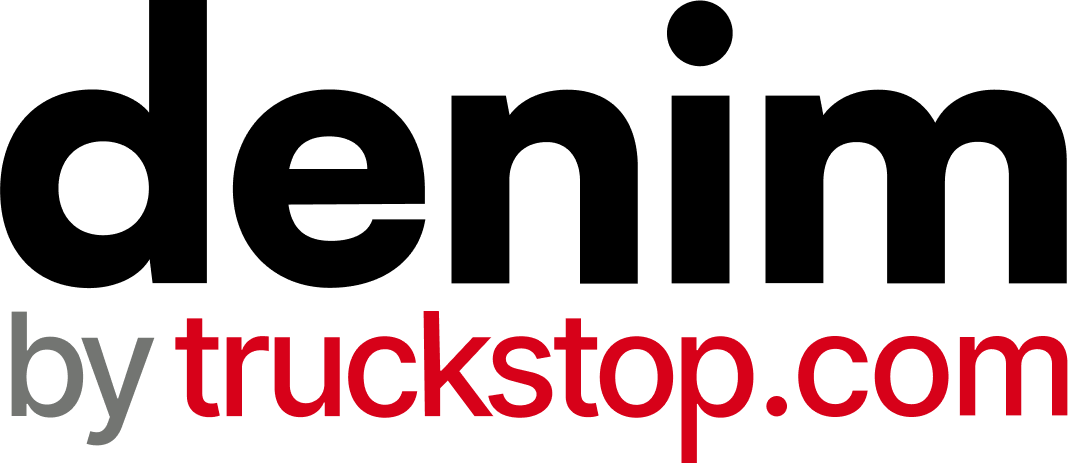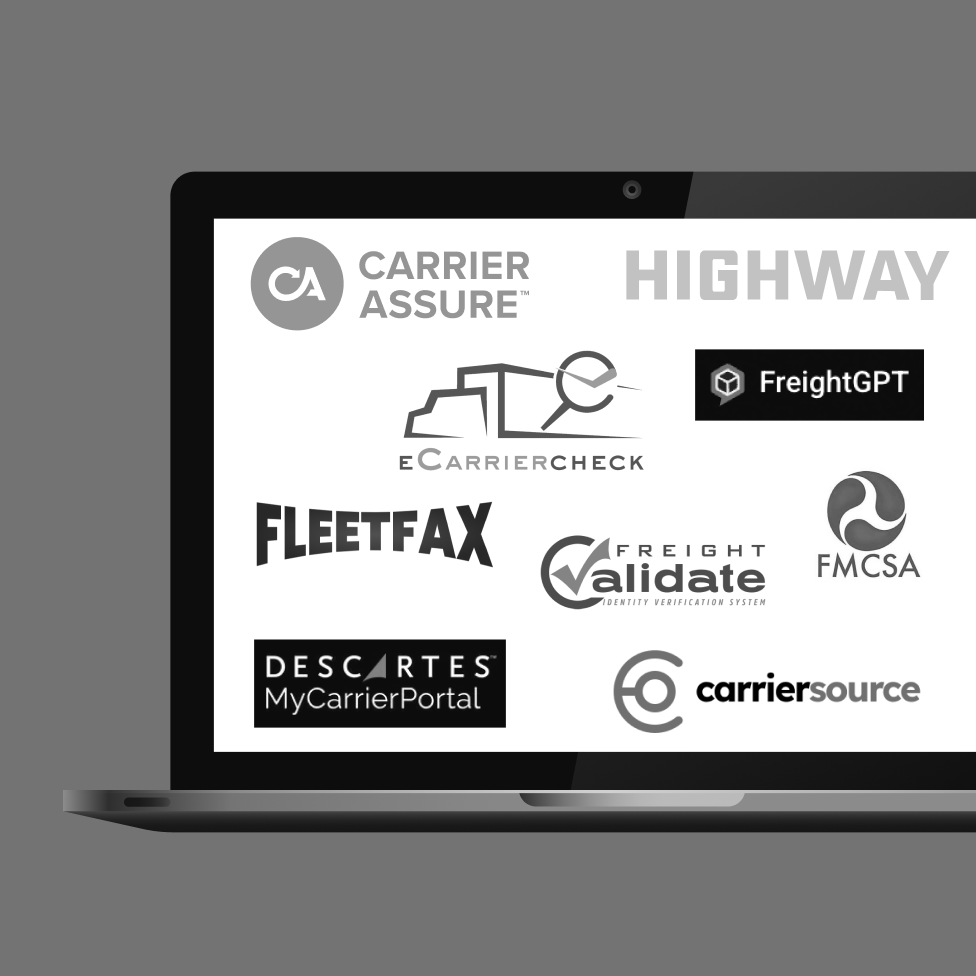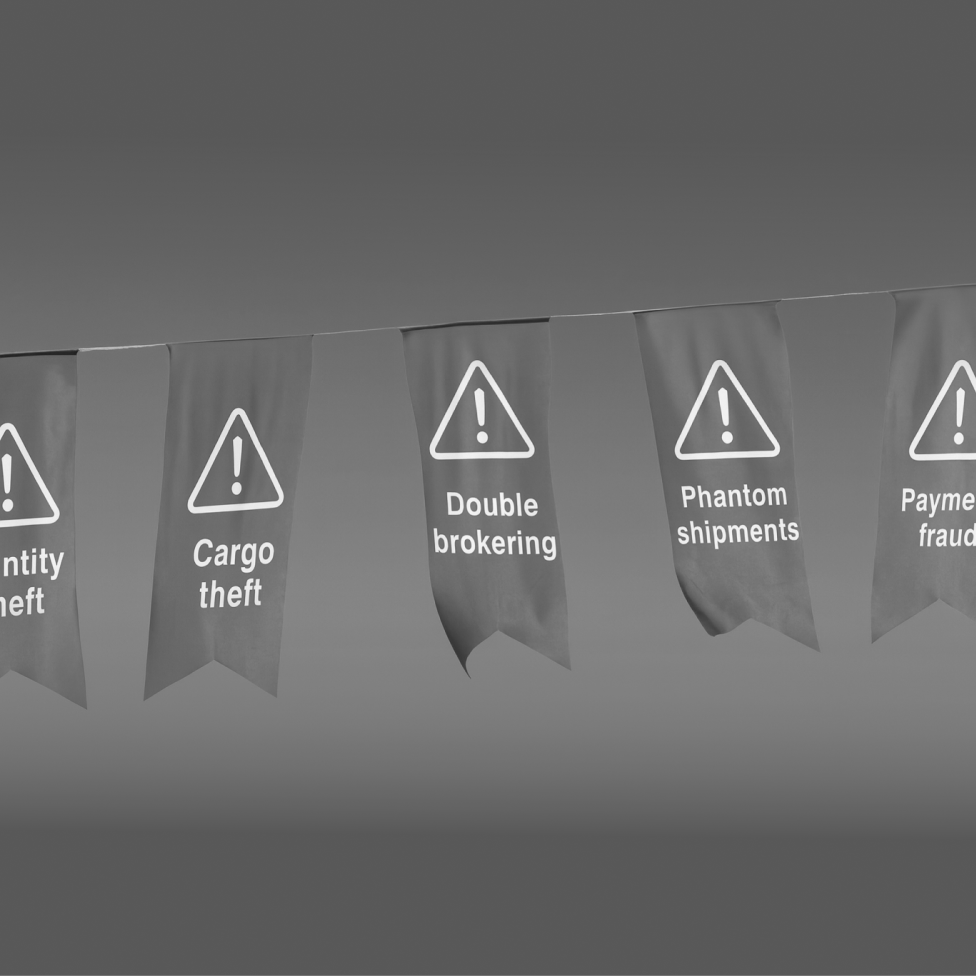Scaling your fleet trucking business is no easy feat, especially if you want to scale sustainability (as you should). We’ve seen too many horror stories about fleets that grew too quickly and then went out of business, such as Surge and Convoy.
But, cautionary tales aside, there are a lot of growth opportunities for fleets and it all comes down to proper truck fleet management. We may not be seeing a complete market upturn yet, but there are plenty of signs that things are on the upswing for fleets. Sustainable growth is possible.
Let’s look at ways to manage your truck fleet and scale sustainably through smart cash flow strategies, efficient operations, and a productive team of employees and drivers.
Step One: Plan Your Finances
When it comes to scaling your fleet trucking business, accurate financial planning is key. A few things to consider when approaching financial planning for your fleet is your budget, financing, and cash flow.
Create a Growth Budget
One of the first things to do when planning to scale your fleet sustainably is create a growth budget that takes into account all of your costs.
These costs could include acquiring new trucks (including their purchase prices, leasing options, and maintenance requirements and expenses), increased insurance coverage, and hiring and training new drivers. You may also budget for upgraded technology, such as a fleet management software to make your operations more efficient as you grow.
Secure Financing
The next step when thinking about scaling your fleet is to consider financing. There are lots of options available to fleet owners, including loans, factoring, and lines of credit.
Loans
Loans provide a lump sum of funding, but they require regular payments, which might impact your cash flow as you scale.
Factoring
When you factor invoices, you sell your invoices to a fleet factoring company to improve your immediate cash flow. Factoring rates differ based on your needs and while factoring may impact your overall revenue, the fees are often a small price to pay for the flexibility it affords fleets.
Lines of Credit
Lines of credit offer flexibility because you can spend more cash now, but they come with variable interest, often as high as 14% for newer fleets.
Weighing freight factoring vs a line of credit is a common consideration for fleet owners as they both provide access to cash flow, but when looking at the pros and cons of each, factoring is often a better choice for fleets to avoid variable interest rates, tighter credit conditions, and higher borrowing costs.
Manage Cash Flow
Lastly, you will need a way to manage cash flow as you grow to avoid financial strain. Your detailed budget and financing will help with managing cash flow, but you will still need to look at the data to accurately project your revenue and expenses.
To avoid any future financial hiccups, make sure to account for potential fluctuations in things like fuel costs, maintenance, and driver wages. Monitor your cash flow closely to ensure that as you grow, you aren’t jeopardizing your ongoing operations. Some fleet owners may even consider setting aside a reserve fund for any unexpected costs.

Step Two: Maintain Operational Efficiency
One thing that sets successful truck fleet managers apart is their ability to focus on operations, even when operations might not be their specialty. But, efficient processes are at the core of sustainable growth and without the proper systems in place, you will quickly burn out or, even worse, sacrifice your fleet.
Here are some tips to consider when focusing on operational efficiencies as you grow your fleet.
Streamline Your Dispatch and Logistics
In today’s tech-driven world, upgrading your dispatch systems and logistics software is non-negotiable. Modern dispatch systems can do everything from automating route planning to optimizing load assignments to providing real-time tracking. All of these improvements make it easier to manage a larger fleet more efficiently.
In addition to cutting-edge dispatch tools, advanced logistics software can also help you optimize your operations by integrating with your GPS systems to create better routes, reduce fuel consumption, and minimize delays. And as any fleet owner knows, less delays mean better delivery times and more satisfied customers.
Improve Fuel Management
Speaking of fuel costs, another way to make your operations more efficient is to implement fuel optimization strategies to help monitor and control fuel purchases.
One way to do this is to use a fleet fuel card. Fuel cards are specialized payment cards that fleet truck management can use to buy diesel, DEF, and other fuels at better rates. The best fleet cards also offer additional tools to manage and track fleet-related expenses. For example, the Denim Fuel Card not only provides you with fuel discounts of up to $2/gal, but it also integrates with our platform so you can see all of your finances at your fingertips. Track spending, set card limits, block fraudulent transactions, manage payments, and do your accounting all within the Denim platform.
.jpeg)
Enhance Your Invoicing and Collections Process
You didn’t get into truck fleet management to invoice and manage collections. But, invoicing is still a major part of running a successful and sustainable fleet.
Luckily, automation tools can streamline invoicing, reduce errors, and speed up the process for you and your team. Not only does efficient invoicing improve your cash flow needs, but it also provides a better customer experience to help you strengthen your relationships with your customers and drivers.
One of the benefits of working with a factoring partner is that you can manage your invoices, collections, and reminders all in one platform. Denim’s automated invoicing tools and collection reminders help streamline the invoicing process and ensure timely payments, which helps you maintain a healthy cash flow for your fleet.
Step Three: Focus on Driver Retention
A fleet is only as good as its drivers, which is why one principle of successful truck fleet management is balancing growth with driver retention and recruitment.
Recruit the Right Drivers
The best way to avoid headaches in the future is to recruit the right drivers from the start. Focus on recruitment strategies that will attract top talent, such as offering sign-on bonuses, paying your drivers competitively, and providing comprehensive benefits.
While these recruitment strategies might cost more upfront, they will be worth it in the end when you’re able to grow sustainably with amazing drivers on your team.
Retain Experienced Drivers
After you recruit the right drivers, retaining them is key. Creating a supportive environment that values their contributions is one way to do this, as well as offering clear career paths that allow for professional growth and advancement within the company.
Bonuses, incentives for long-term service, regular check-ins and feedback opportunities are all great ways to make your drivers feel heard and values. Don’t focus too much on growth at the detriment of your drivers’ wellbeing.
Step Four: Scale Without Overextending Your Resources
The fleets that are successful are the ones that are able to scale without overextending themselves and the ones that understand that measured, sustainable growth is the best long-term plan.
Assess When to Add Trucks and Routes
Measured growth begins with carefully evaluating the right time to expand your fleet and routes. Use demand forecasts, profitability metrics, and market sizing guides to determine when to add new trucks or open new routes. As a truck fleet manager, you want to grow your business but you want to do it strategically and considering these factors before you expand too quickly will help you maintain efficient operations.
Monitor Staffing Levels
As your fleet grows, it's crucial to scale your staff accordingly so your team doesn’t get burnt out. Ensure that not only do you have enough drivers, but you also have enough back-office support (and the tools to make your back-office as efficient as possible) to continue to scale efficiently.
Focus on Balanced Growth
Expanding too quickly without the necessary infrastructure can be disastrous for your fleet. Before scaling, ensure you have the proper maintenance facilities, driver support systems, and compliance management in place. Balanced growth ensures your fleet operates efficiently and sustainably, avoiding the pitfalls of growing too quickly.
Sustainable Fleet Growth is Possible
We often see a lot of scary news about fleets going under, the market slowing down, or rates going up. But despite all the buzzy headlines, sustainable growth for fleets is possible. By focusing on efficient truck fleet management, including financial planning, efficient operations, and taking care of your team, it’s possible to grow your fleet sustainably and successfully.
To learn more about how Denim can help you with all of these focuses (and more!), schedule a demo today.
Denim’s automated solutions streamline your back-office operations. Explore our solutions to see how Denim can help your business scale efficiently.
There's a better way


.png)




